Creating a beautiful and healthy living space often involves incorporating indoor plants that not only enhance your home’s aesthetic but also contribute to a cleaner environment. For pet owners, finding safe and non-toxic plants is crucial to ensure the well-being of their furry companions. Enter the snake plant (Sansevieria trifasciata), a versatile and resilient houseplant that is both pet-friendly and beneficial. Here’s everything you need to know about integrating snake plants into your pet-friendly home.
Also Read- Eco-Friendly Gardening With Snake Plants: Sustainable Practices
Why Snake Plants are Safe for Pets

One of the primary concerns for pet owners when selecting indoor plants is ensuring they are non-toxic to cats and dogs. Snake plants are classified as non-toxic by the American Society for the Prevention of Cruelty to Animals (ASPCA), making them a safe choice for households with pets. Unlike many other houseplants, snake plants do not contain harmful chemicals that can cause adverse reactions if ingested by curious pets.
Also Read- Using Snake Plants To Create A Calming Workspace At Home
Benefits of Snake Plants in Pet-Friendly Homes

1. Air Purification: Snake plants are renowned for their air-purifying abilities. According to NASA’s Clean Air Study, snake plants effectively remove toxins such as formaldehyde, benzene, and xylene from the air. This not only creates a healthier environment for your pets but also enhances the overall air quality in your home, promoting better respiratory health for both humans and animals.
2. Low Maintenance: For busy pet owners, snake plants are an ideal choice due to their minimal care requirements. They thrive in a variety of lighting conditions, from low to bright indirect light, and require infrequent watering. This resilience means you can enjoy lush greenery without the constant upkeep, allowing you to focus more on your pets.
3. Aesthetic Appeal: With their tall, upright leaves and striking variegation, snake plants add a touch of elegance to any room. Their architectural shape complements various interior design styles, from modern minimalist to classic traditional, making them a versatile addition to your home décor.
Also Read- Using Snake Plants For Natural Humidity Control In Your Home
Best Snake Plant Varieties for Pet-Friendly Homes

While all snake plants are safe for pets, some varieties are particularly well-suited for different home environments:
1. Sansevieria Trifasciata 'Laurentii': Known for its striking yellow-edged leaves, this variety adds a vibrant pop of color to your home. Its upright growth habit makes it a perfect centerpiece on countertops or shelves.
2. Sansevieria Cylindrica: Featuring cylindrical, sword-like leaves, this variety offers a unique texture that stands out in any room. It’s ideal for modern homes looking for a distinctive plant addition.
3. Sansevieria Hahnii: Also known as the Bird’s Nest Snake Plant, this compact variety is perfect for smaller spaces. Its dense, rosette-like growth fits well on narrow shelves or in tight corners.
4. Sansevieria Zeylanica: With broader leaves and a robust appearance, this variety provides a lush, green backdrop that complements various décor styles, from traditional to contemporary.
Also Read- Snake Plant Care Mistakes To Avoid: Common Pitfalls And How To Fix Them
Tips for Incorporating Snake Plants Safely

1. Placement: Place snake plants in areas where pets are less likely to disturb them. While snake plants are non-toxic, it’s still a good practice to position them out of reach to prevent any unnecessary nibbling. Common spots include high shelves, corners, or rooms that pets do not frequent.
2. Secure Planters: Ensure that the pots are stable and won’t easily tip over if your pets decide to explore. Using heavy or sturdy planters can help keep the plants secure, preventing any accidents.
3. Protect the Leaves: While snake plants are hardy, it’s advisable to keep the leaves clean and free from dust. Pets might be attracted to the texture of the leaves, so maintaining them properly can reduce any temptation to chew.
Also Read- Snake Plants In Smart Greenhouses: The Future Of Indoor Plant Growth And Sustainability
Care Tips for Snake Plants in Homes with Pets

1. Watering: Snake plants prefer their soil to dry out between waterings. Overwatering can lead to root rot, which is detrimental to the plant’s health. A good rule of thumb is to water them every 2-6 weeks, depending on the indoor climate and light conditions.
2. Lighting: While snake plants are adaptable to various lighting conditions, they thrive best in bright, indirect light. However, they can also tolerate low-light environments, making them suitable for rooms with limited natural light.
3. Temperature and Humidity: Snake plants prefer warmer temperatures, typically between 60°F to 85°F (15°C to 29°C). They can handle typical household humidity levels but will benefit from occasional misting if the air becomes too dry, especially during winter months.
4. Fertilization: Feed your snake plants with a balanced, water-soluble fertilizer once a month during the growing season (spring and summer). Avoid over-fertilizing, as this can lead to salt buildup in the soil and harm the plant.
Conclusion
Integrating snake plants into your pet-friendly home is a smart and stylish choice that offers numerous benefits without compromising the safety of your furry friends. Their non-toxic nature, air-purifying abilities, and low maintenance requirements make them an ideal addition to any household. By selecting the right variety, placing them thoughtfully, and following simple care tips, you can enjoy the beauty and benefits of snake plants while ensuring a safe environment for your pets.


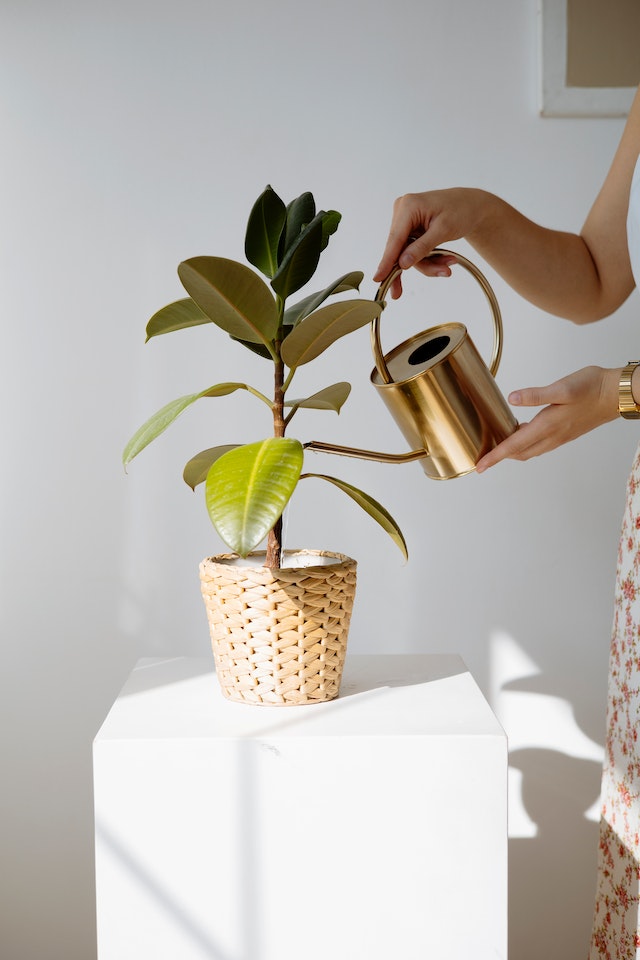


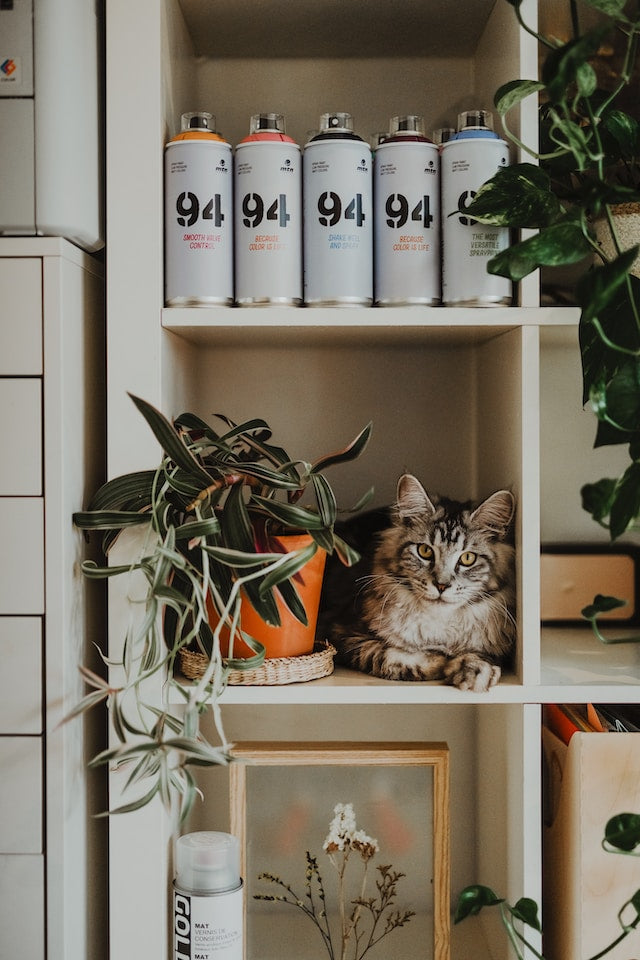
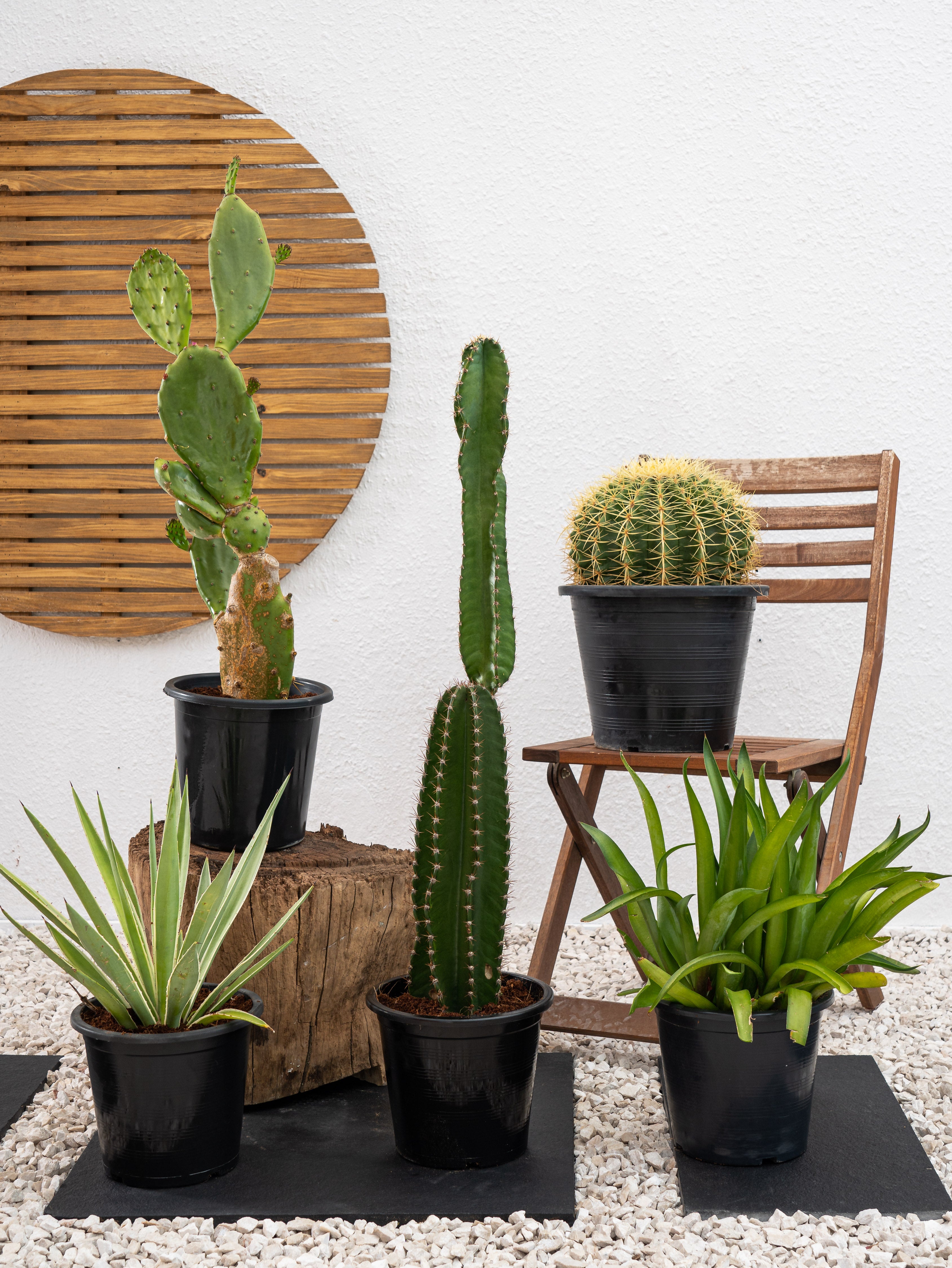
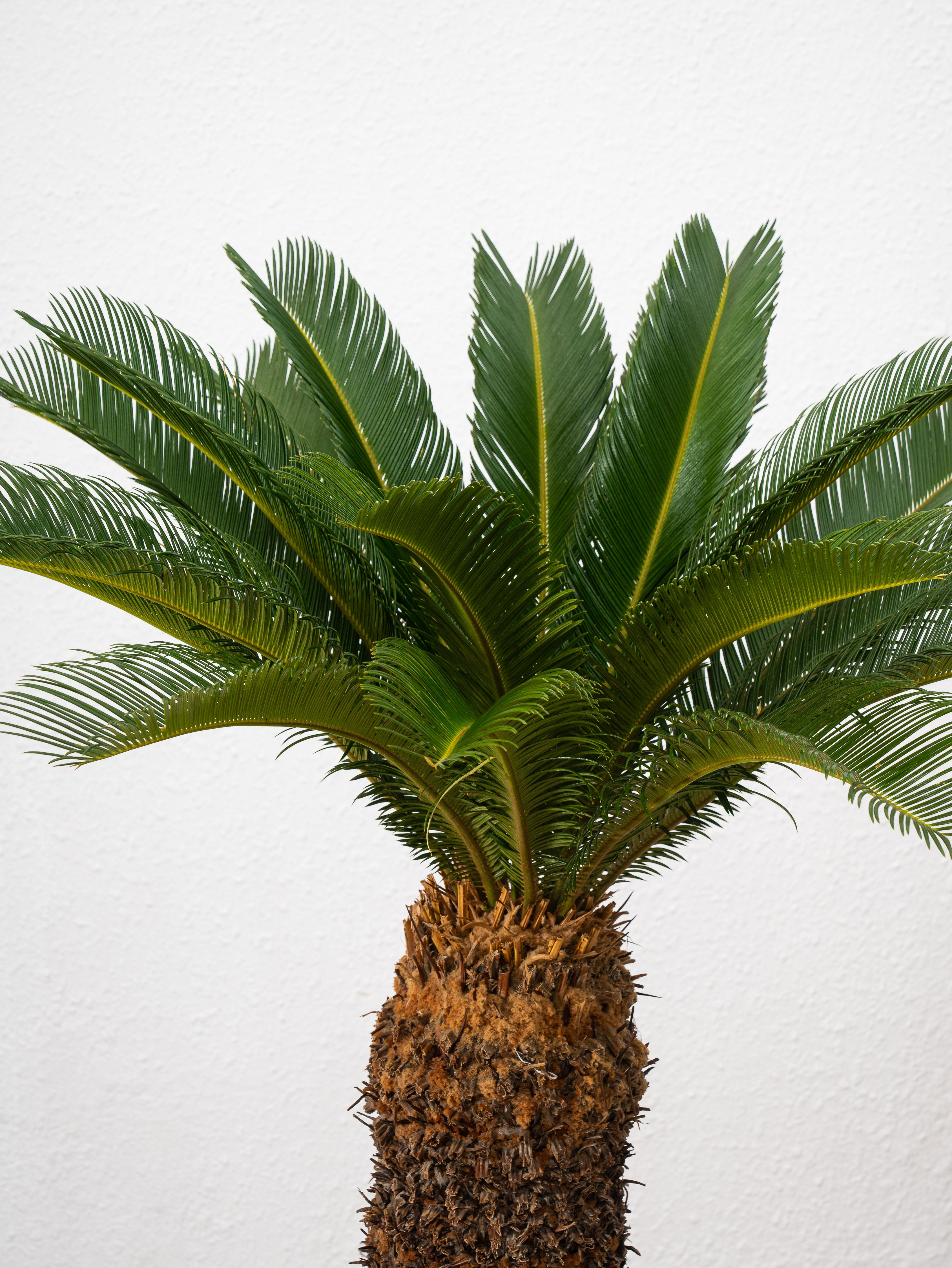
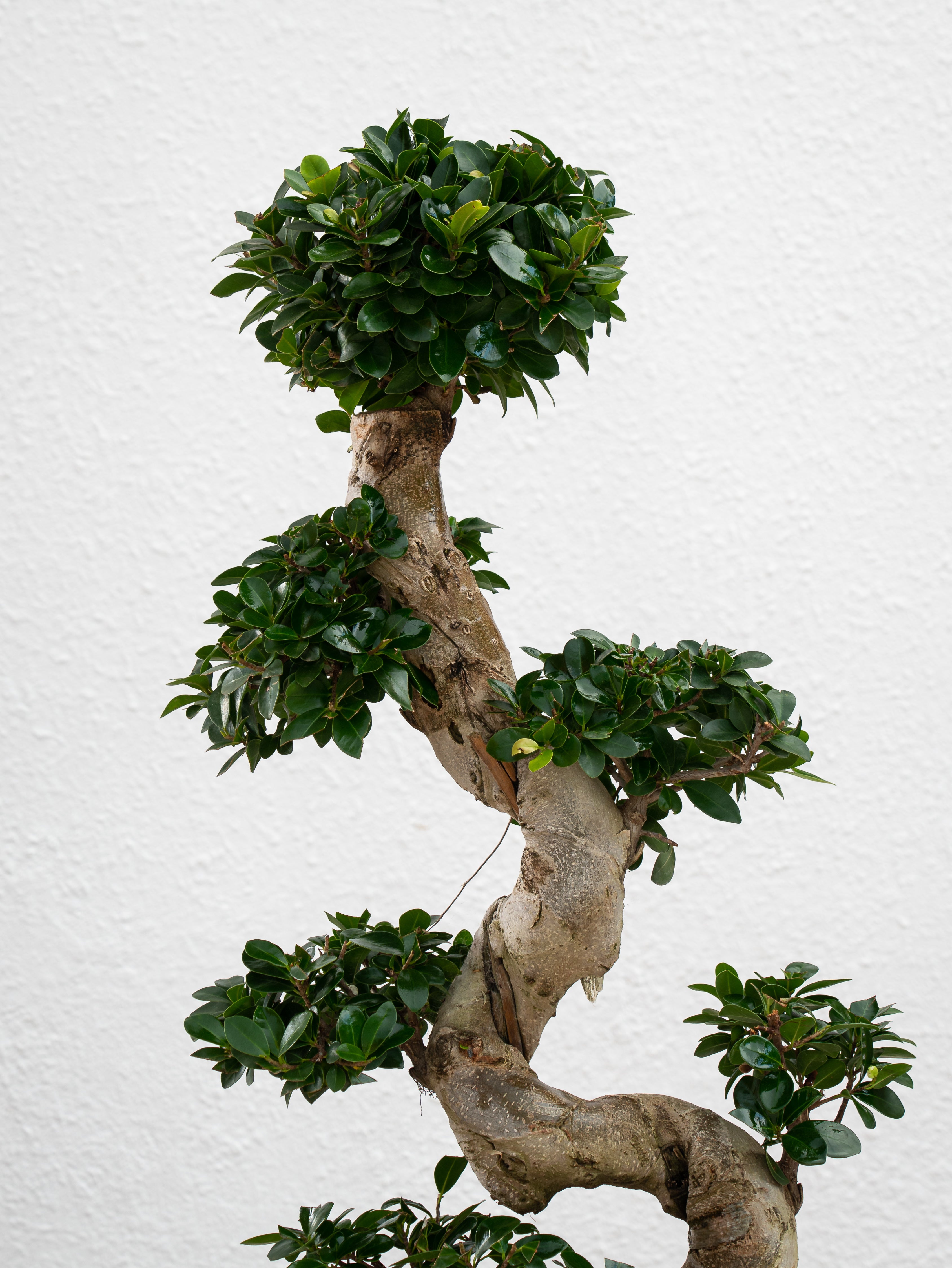
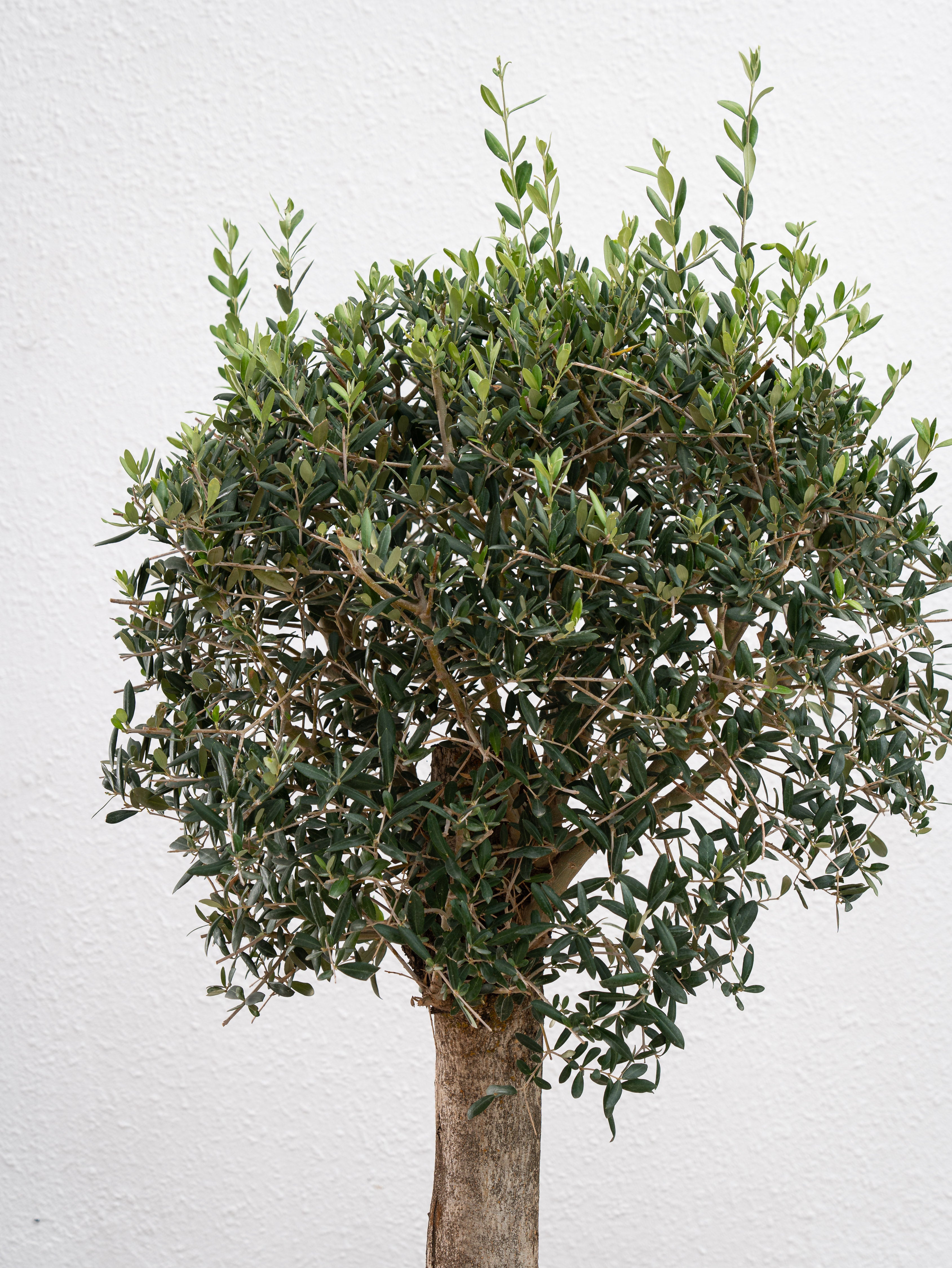


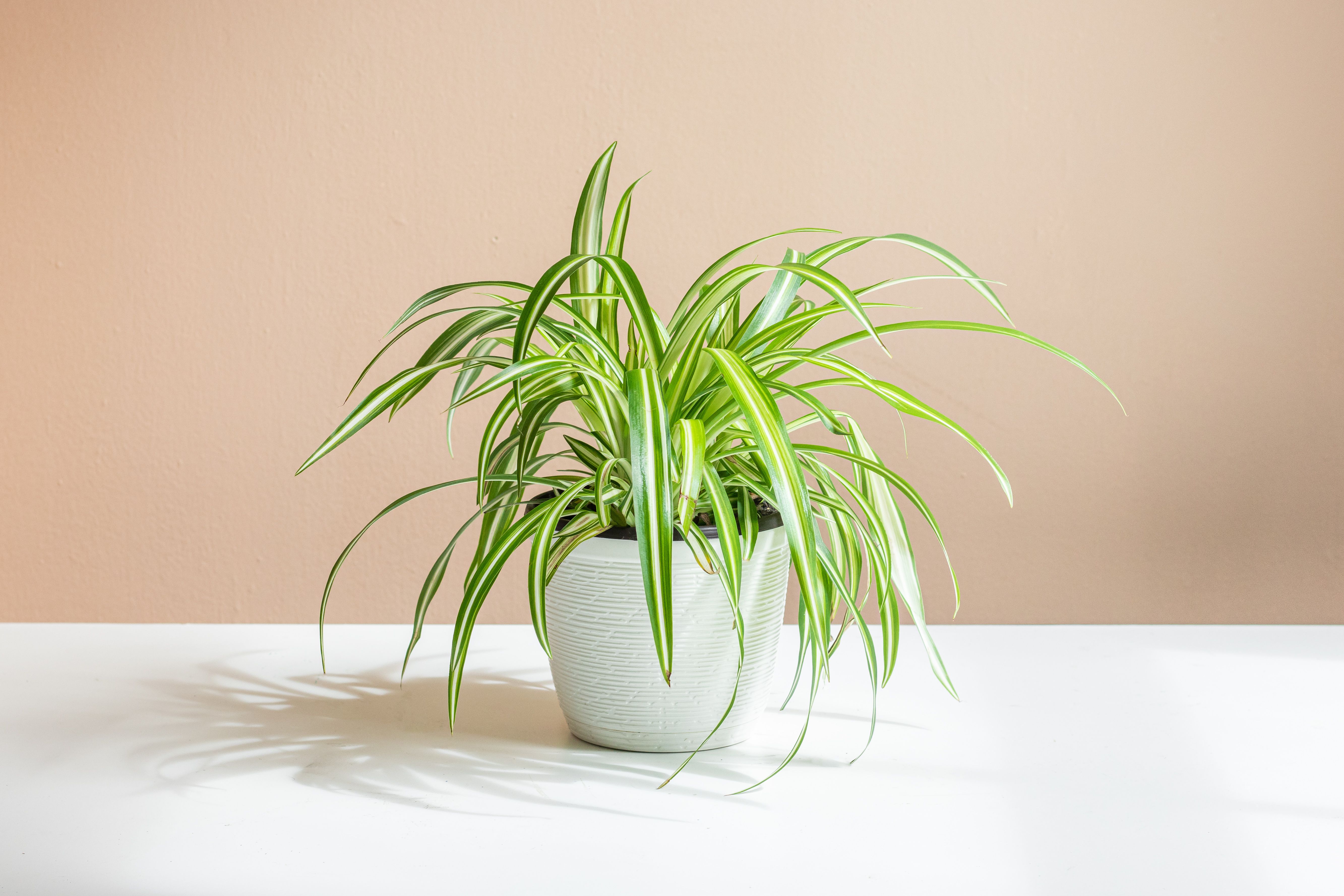
Leave a comment
This site is protected by hCaptcha and the hCaptcha Privacy Policy and Terms of Service apply.